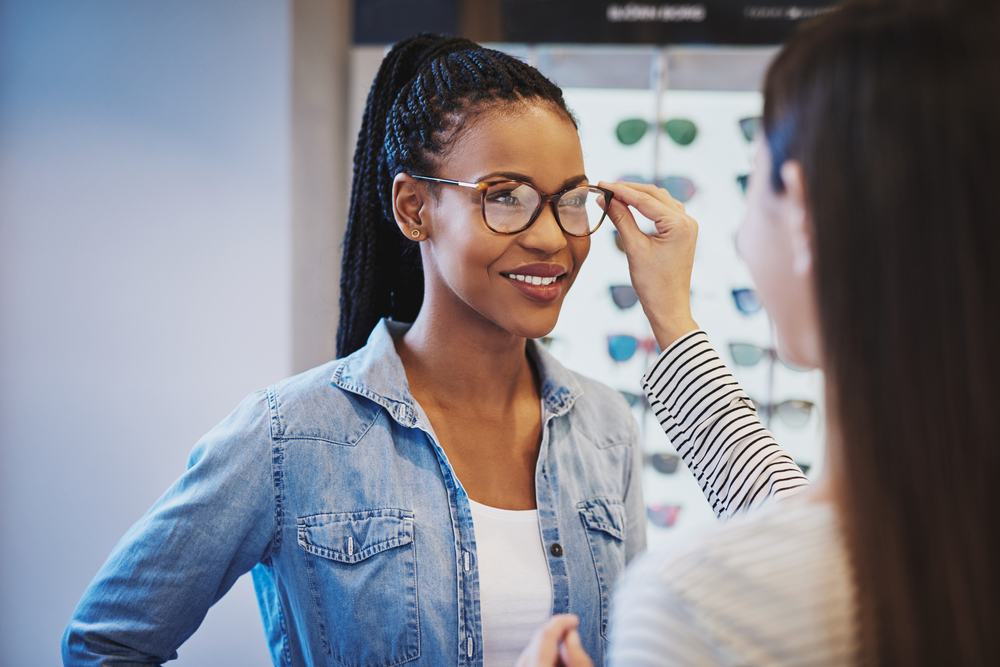As we age, our bodies undergo various changes, and our vision is no exception. The need for glasses as you get older is a common phenomenon, affecting millions of people worldwide. This article delves into the reasons behind this necessity, explaining the biological processes involved and offering insights on how to manage this aspect of aging effectively.
Understanding the aging eye
Changes in lens flexibility
One of the primary reasons why glasses become necessary as you age is due to changes in the flexibility of the lens within your eye. The lens of the eye is naturally elastic, allowing it to change shape and focus on objects at various distances — a process known as accommodation. However, as you age, the lens hardens and becomes less flexible, a condition known as presbyopia. This loss of flexibility makes it difficult to focus on close objects, making reading glasses a common requirement for older adults.
The diminishing pupil size
As you get older, the pupil size also decreases. This reduction in size limits the amount of light entering the eye, reducing vision in low-light conditions and making tasks like night driving more challenging. Smaller pupils also contribute to the need for increased lighting when reading or performing detailed tasks.
The role of cumulative exposure
Impact of UV light and environmental factors
Over the years, exposure to ultraviolet (UV) light and other environmental factors can cause cumulative damage to the eyes. Extended exposure to sunlight can lead to conditions like cataracts, where the lens of the eye becomes cloudy, obscuring vision. Cataracts are a significant reason why many older individuals require glasses or even surgery to see clearly.
Long-term health conditions
Certain health conditions that are more common in older age, such as diabetes and hypertension, can also affect eye health. Diabetes, for instance, can lead to diabetic retinopathy, where high blood sugar levels cause damage to the blood vessels in the retina. This condition can deteriorate vision over time, necessitating the use of glasses or more intensive treatments.
Lifestyle and vision changes
Diet and nutrition
Diet plays a crucial role in eye health. Nutrients such as Vitamin A, Vitamin C, Vitamin E, and omega-3 fatty acids are vital for maintaining eye health and can help delay the progression of age-related vision problems. Ensuring a diet rich in these nutrients can help mitigate the need for glasses as you get older.
The importance of regular eye exams
Regular eye exams become increasingly important as you age. These exams not only update your prescription if needed but also check for eye diseases that are prevalent in older age. Early detection and treatment of eye conditions can help maintain better vision and reduce the dependency on corrective lenses.
Embracing glasses as you age
The need for glasses as you get older is a natural part of aging, influenced by a combination of biological changes and environmental factors. Understanding these changes is crucial for effectively managing your vision health. By embracing a healthy lifestyle, which includes a diet rich in essential nutrients and regular physical activity, and by keeping consistent appointments with your eye care professional, you can help ensure that your vision remains as sharp as possible throughout your later years.
Remember, taking proactive steps in maintaining eye health can profoundly impact how you experience the world visually in your later years. Glasses are not just a tool for better vision — they are an integral part of continuing to engage fully with life, ensuring that every moment is seen clearly and appreciated fully.
This story was created using AI technology.












